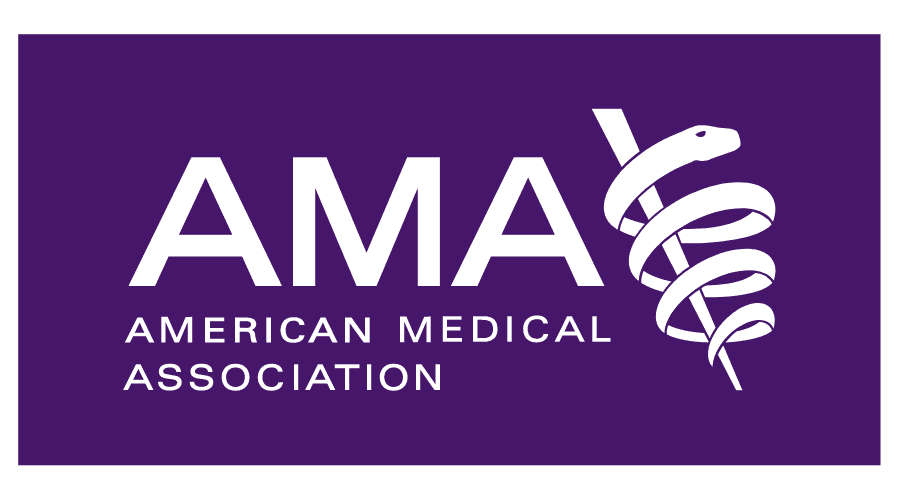The American Medical Association (AMA) has just adopted a resolution opposing the unsafe use of so-called “mild hyperbaric oxygen therapy” in “mild hyperbaric facilities.” You can find more information below and in the link, but let me first illustrate WHY this issue matters. A few years ago, an administrator at my hospital asked me to talk to her adult daughter about an event that happened during a hyperbaric treatment at a chiropractor’s office. They young woman had taken her disabled son there for hyperbaric oxygen therapy. There was no consent process and no risks were discussed. The mother was not told how or why she needed to clear her ears. She and the young child were put inside the hyperbaric chamber and during the compression phase, she developed severe ear pain followed by a panic attack. She described an event that was completely traumatizing for her and the child, and which resulted in her suffering inner ear barotrauma with persistent vertigo. The clinician operating the chamber did not know what had happened and offered no treatment or advice. Weeks had elapsed, she still had vertigo, and the discussion with me was the first time she understood that the problem was due to otic barotrauma for which needed to see a specialist.
It is not unethical to use HBOT for conditions that are “off label,” per the FDA. However, a key component of the ethical use of ANY medical device is an appropriate consent process that discusses the risks of the procedure. The other key component is that the device is being operated in a safe way by trained professionals. Individuals with no formal training in hyperbaric medicine are running operations that are unsafe for patients in facilities that do not meet national fire safety standards. Patients are even being allowed to use cell phones and computers in a pressurized oxygen environment. It’s a recipe for disaster.
HBOT could be a game changer for several major medical problems. I am downright excited about the future of HBOT based upon preliminary data. However, if there is a fire at one of these unsafe operations, the headline will be “patient severely burned during hyperbaric oxygen therapy.” What do you think the impact will be on the great future of hyperbaric medicine? If our goal is to “first do no harm,” then the AMA resolution is a good start.
The American Medical Association has adopted a resolution opposing the unsafe use of so-called “mild hyperbaric oxygen therapy” in “mild hyperbaric facilities.” The policy D-270.986, adopted 26 July 2022, was initiated by the Undersea and Hyperbaric Medical Society and represented by UHMS Past President Dr. Laurie Gesell, an active practitioner of hyperbaric medicine and a member of the House of Delegates (HOD), the legislative and policy-making body of the American Medical Association.
The resolution, which can be found here, reads:
Our AMA: (1) opposes the operation of “mild hyperbaric facilities” unless and until effective treatments can be delivered safely in facilities with appropriately trained staff including physician supervision and prescription and only when the intervention has scientific support or rationale; and (2) will work with the U.S. Food and Drug Administration and other regulatory bodies to close facilities offering “mild hyperbaric therapy” until and unless they adopt and adhere to all established safety regulations, adhere to the established principles of the practice of hyperbaric oxygen under the prescription and oversight of a licensed and trained physician, and ensure that staff are appropriately trained and adherent to applicable safety regulations.
As noted by the AMA, testimony on this issue was unanimously supportive of the resolution. Numerous safety concerns were noted regarding these facilities offering “mild hyperbaric therapy,” such as inappropriate targeting of vulnerable populations, inappropriate dosing and delaying patients seeking proper treatment.
Related Posts:
- Portable (Inflatable) Hyperbaric Chambers – Where Unsafe Meets Unethical
- How to Do the Right Thing Ethically Regarding HBOT for COVID-19 Pneumonia
- Ethical Issues, Standards and Quality Control in the Practice of Hyperbaric Medicine
- Hyperbaric Oxygen Therapy Improves Neurocognitive Functions and Symptoms of Post-COVID Condition – the Results of a Randomized Controlled Trial

Dr. Fife is a world renowned wound care physician dedicated to improving patient outcomes through quality driven care. Please visit my blog at CarolineFifeMD.com and my Youtube channel at https://www.youtube.com/c/carolinefifemd/videos
The opinions, comments, and content expressed or implied in my statements are solely my own and do not necessarily reflect the position or views of Intellicure or any of the boards on which I serve.



